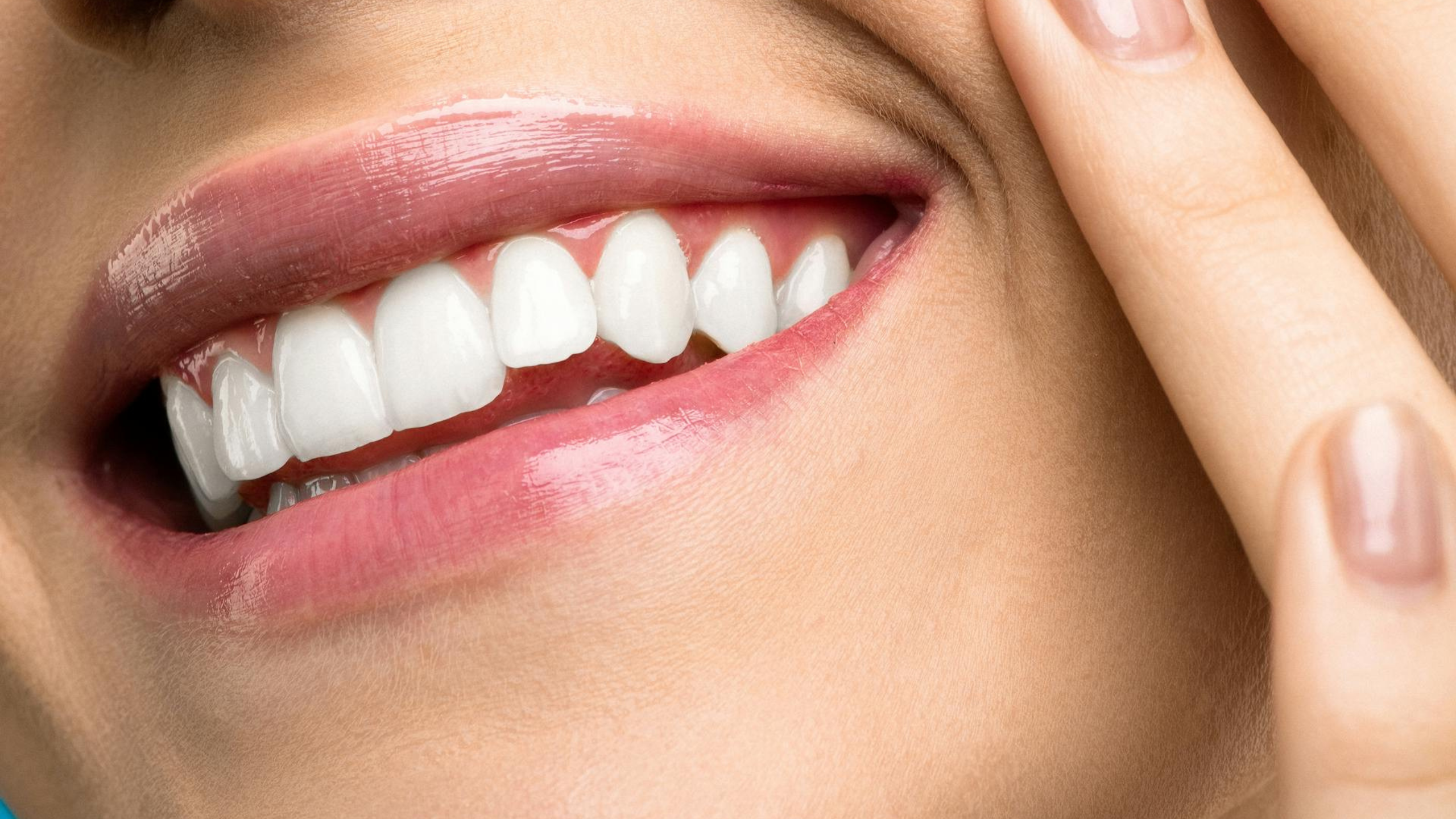Warning to those with a penchant for carbs: your go-to snacks could be doing more harm to your teeth than sugary desserts. Whitney DiFoggio, a registered dental hygienist, has shed light on the dangers of fermentable carbohydrates, such as white bread, pasta, chips, cereal, and crackers, to dental health. These foods, often deemed harmless, are actually covert sources of sugar, breaking down into sugars in the mouth during chewing.
RELATED STORIES: G Herbo Pops Out With New Confidence Following Teeth Makeover — Says He Dropping “Best Rapper Alive” Album
This breakdown not only makes the mouth more acidic as saliva works to clear the sticky remnants from teeth but also elevates the risk of tooth decay. Despite common beliefs, opting for snacks like Goldfish crackers over candies like Skittles might not be the healthier choice for your teeth. DiFoggio emphasizes that many overlook the fact that bread, much like candy, transforms into sugar, as reported by the New York Post.
However, not all foods are detrimental to dental health. Dark chocolate and crunchy vegetables like carrots and celery, which stimulate heavier biting and chewing, are among the safer choices. These foods can be easily rinsed away, reducing the risk of tooth damage. Similarly, whole grains are generally considered beneficial for dental well-being. DiFoggio underscores the broader principle that foods impacting overall health similarly affect dental health.
She advises against frequent snacking on sugary or sticky foods, as it maintains the mouth in a constant state of acidity, which is detrimental. Instead, if indulging in such foods, it’s better to consume them in one sitting, allowing saliva to later neutralize the mouth’s acidic environment.
RELATED STORIES: Zonnique Supports Brother King’s Veneers After “Big Teeth Trolls” Roast His New Smile Online
The sequence in which foods are consumed also plays a crucial role. DiFoggio suggests ending meals with neutralizing foods, such as most fruits, vegetables, and certain dairy products like yogurt, to counteract the acidic effects of other foods. Specifically, cheese, with sharp cheddar being a favorite, can help neutralize the acidity caused by other snack items.
For those instances when cheese or similar neutralizing foods are unavailable, rinsing the mouth with water or chewing gum with xylitol can help mitigate the acidic impact on teeth. DiFoggio highlights the importance of preventing any food from lingering on teeth too long to avoid increasing the risk of cavities and gum disease.
Emphasizing the significance of dental hygiene, DiFoggio warns that neglecting to floss can lead to plaque hardening into tartar, potentially resulting in gum disease and tooth loss. Gum disease not only affects dental health but is also linked to other serious health issues, including heart and kidney diseases, diabetes, and Alzheimer’s.
In conclusion, DiFoggio stresses the interconnectedness of dental and overall health, advocating for regular brushing and flossing as essential practices for maintaining both.

